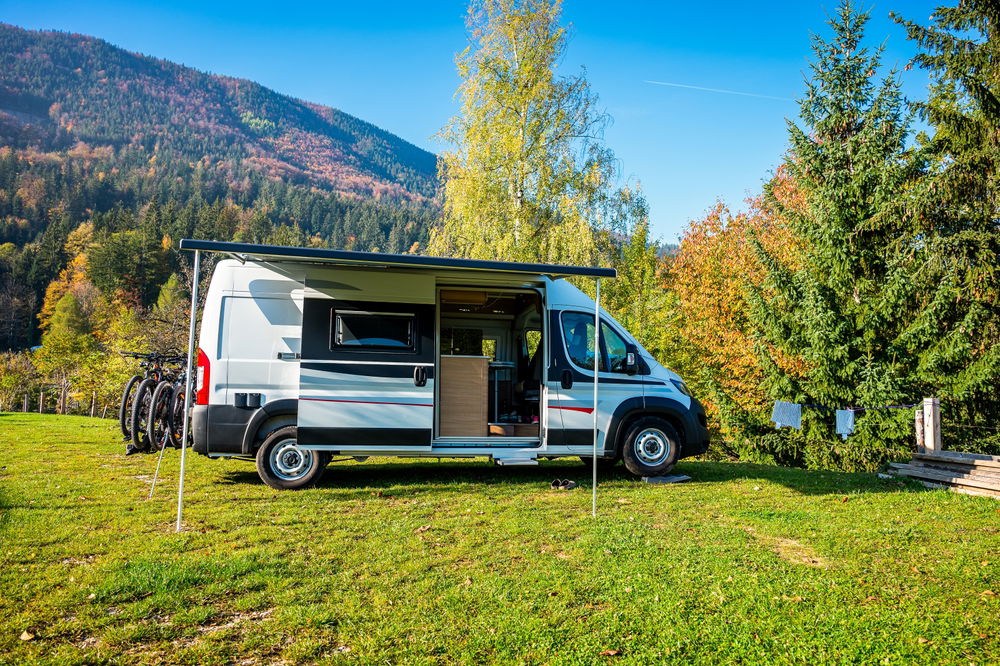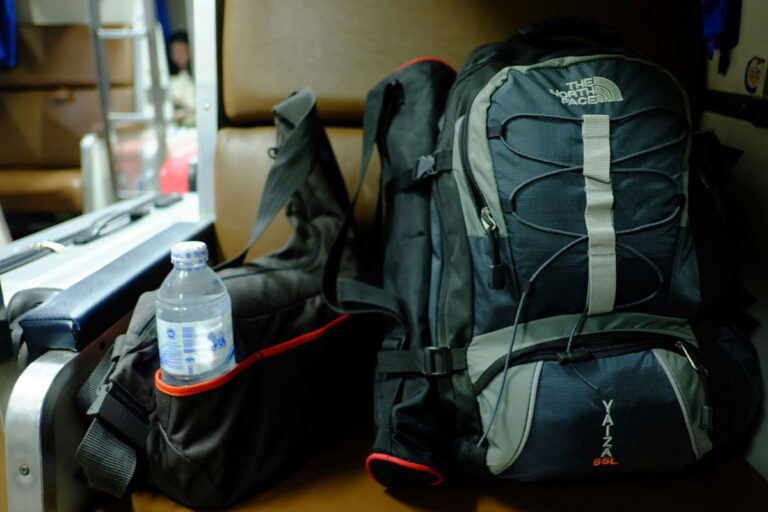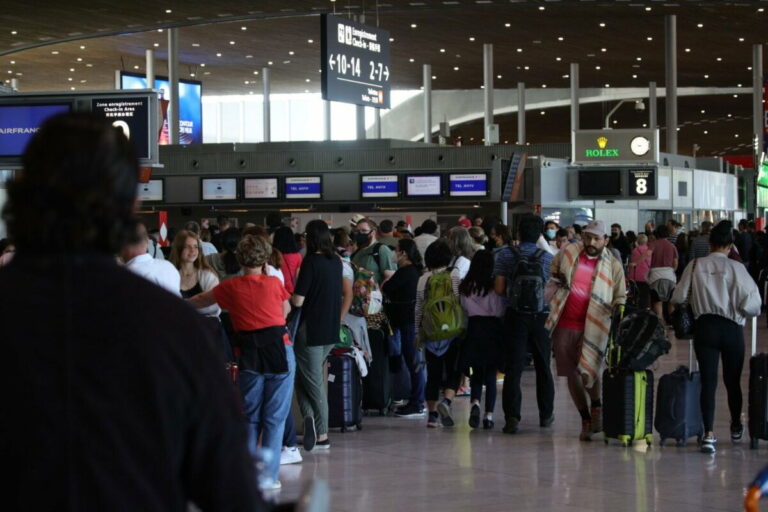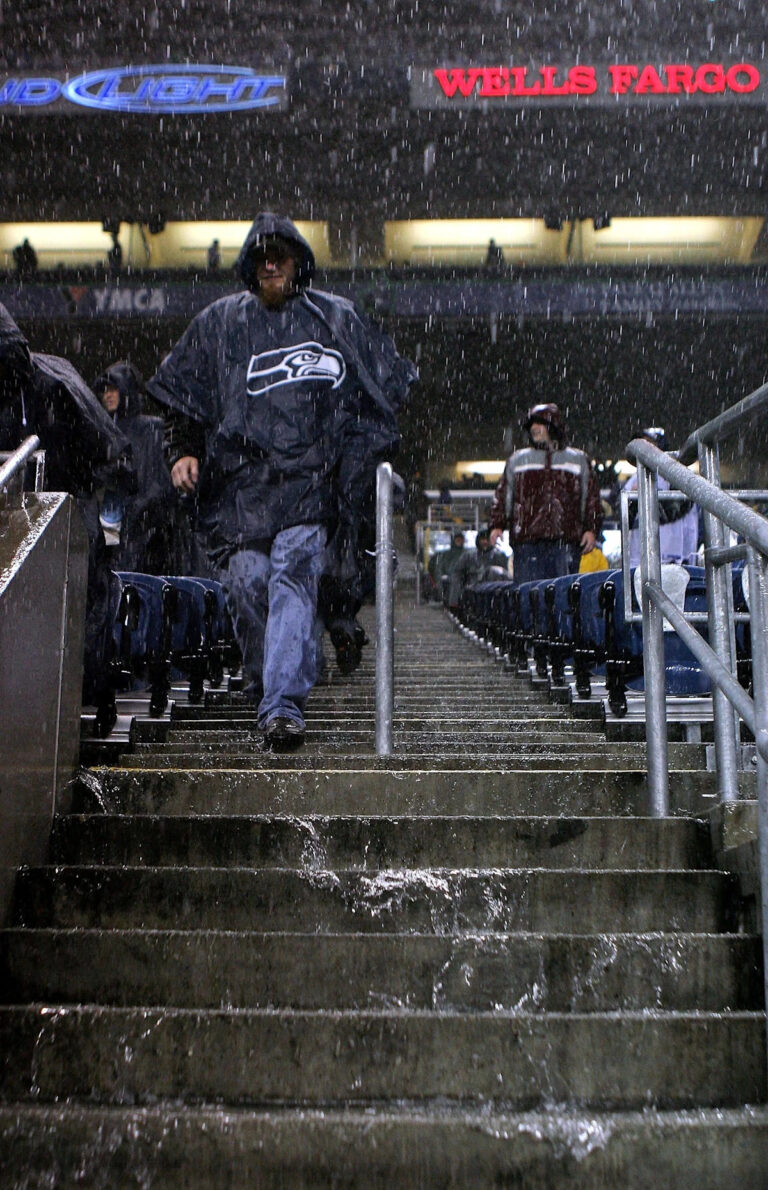
Make sure you become familiar with camping and other road rules prior to your next adventure | Photo: JGA / Shutterstock
Since the COVID-19 pandemic, Spain has seen a significant increase in individuals and families taking camping trips in vans and motorhomes.
This style of travel has become popular amongst those who prefer a direct connection with nature over crowds in trendy places. Several reports estimated camping throughout the country has increased by up to 40 per cent in 2024 compared to 2023, which has led the General Directorate of Traffic (DGT) to reinforce norms regarding where and how sleeping in vehicles is permitted.
One of the main doubts camping enthusiasts have is regarding the difference between sleeping in a vehicle and camping outdoors. According to DGT officials, sleeping in parked cars is legal, as long as specific rules are followed, such as parking the vehicle correctly to avoid occupying more space than allowed. Examples include leaving the door open or placing an item right outside the car, such as a chair, cooler, tent, or shade.
On the contrary, camping implies occupying more public space as it requires setting up tents or awnings. Also, setting up tables, chairs, and an improvised kitchen.
Fines of up to 600 euros in non-designated areas
However, camping in areas not permitted or explicitly designated for this outdoor activity may cost you a fine of up to 600 euros.
The measure aims to preserve natural spaces and maintain order in areas designated for this type of traveller.
The Royal Automobile Club of Spain (RACE) also has advice. Failing to comply with these regulations has its consequences. Although many drivers think that with up-to-date insurance and a valid vehicle inspection sticker, they are allowed to park and sleep wherever they want, the truth is that doing so in prohibited areas can be expensive.
The Baleares has stiffer fines
While fines on the mainland range between 200 and 600 euros, the Balearic Islands have stiffer penalties, due to increased tourism, fines for illegal camping range from 1,500 euros.
There are exceptions worth noting. Police might waive a sanction if the person lives in a car because they are homeless. They, of course, would require holding a valid letter from social services.
The rules governing the use of motorhomes, campers, and vans are different depending on which municipality, province, or community you are in, so while something might be legal in one place, it might be illegal elsewhere. So, check the DGT website for more information.







